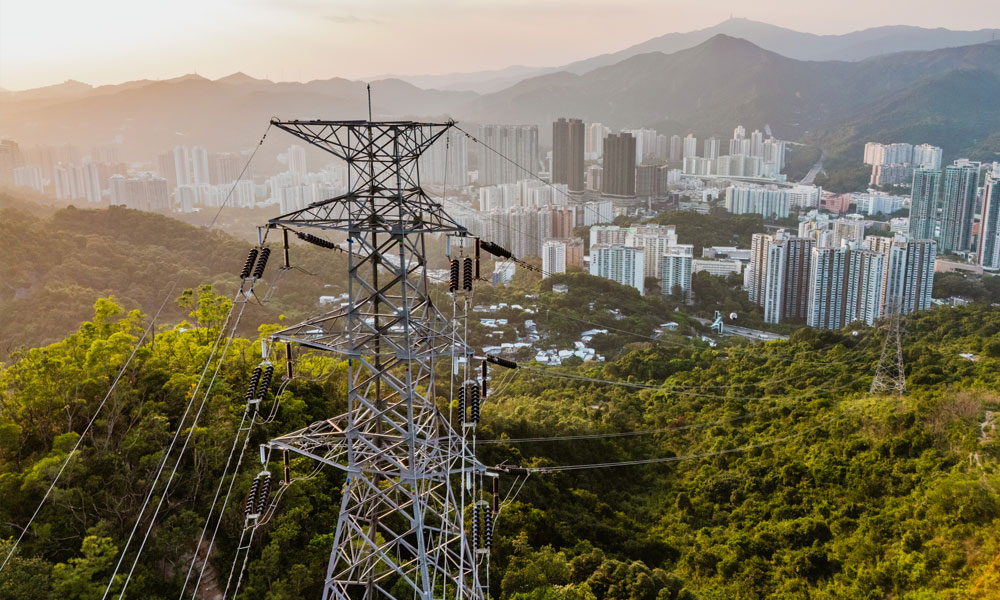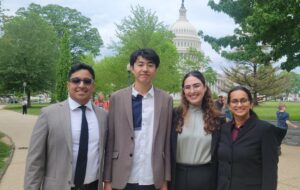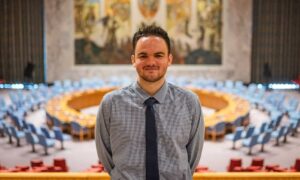A large majority of people around the world support the transition to renewable energy.
According to a recent United Nations poll, 72% of people want their country to transition quickly from fossil fuels to renewable sources of energy.
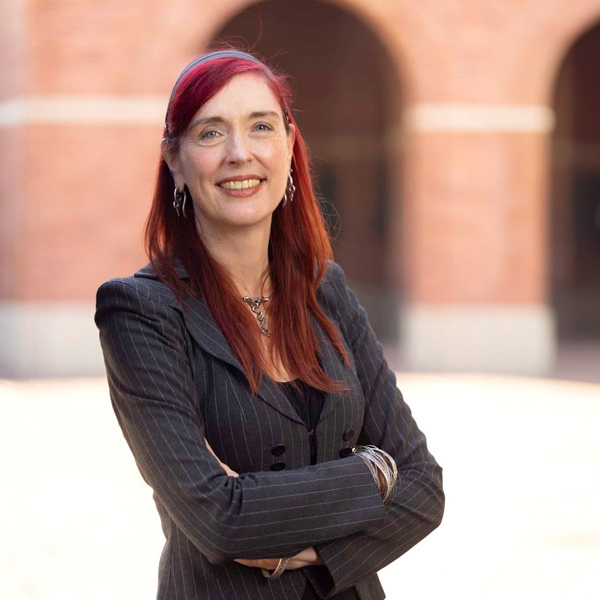
But many people are none-too-keen on living near high-voltage power lines. Yet, the U.S. Department of Energy says new high-voltage power lines will need to be built to transmit the energy from where it’s made to where it’s used.
“People have real concerns about energy infrastructure,” USC Price Professor Wändi Bruine de Bruin said during her recent presentation at the National Academy of Science’s 162nd annual meeting. “These negative public perceptions can turn into opposition, which may then prevent new energy infrastructure from being implemented.”
Citing a variety of qualitative studies from different parts of the world, Bruine de Bruin said concerns centered on the following themes. She also cited comments drawn from the studies, portions of which are included below in italicized quotes.
- Health
- “I don’t how true it is, but they say (electromagnetic fields) may have caused (cancer)” said a focus group participant in Queensland, Australia. Bruine de Bruin noted that the evidence of health effects is inconclusive, but that people’s acceptance of power lines may rise after realizing that exposure to electro-magnetic fields decreases with distance and that simply viewing transmission lines does not mean someone is necessarily being exposed.
- Property values
- “How can they not take into account the dramatic decline in property values for all the neighbors of these (power lines),” said a participant of a public hearing in New Hampshire. Bruine de Bruin cited studies that power lines have indeed lowered property values in some cases; in others, values were unchanged or even increased. Property values may not go down, and in fact may even go up, if new power lines bring new investments, new roads or new jobs to an area.
- No perceived link between needing power lines and the transition to renewable energy
- Sixty percent of respondents to a Swiss study did not see the need to build new power lines when transitioning to wind and solar. Thirty-two percent agreed with the incorrect statement: “The planned energy transition leads to decentralized power production and therefore makes the construction of additional power lines in Switzerland unnecessary.” In fact, new transmission lines will be needed as long as renewable energy can’t be generated at the same spot where it’s used.
- Lack of useful information
- “You get these newsletters and they are 600 pages thick, so go ahead and read it, it’s not going to help you,” said an interviewee in the Netherlands. As suggested by communication research, communication should take people’s concerns seriously, use everyday language, and avoid long pages of legalese.
- Lack of public input
- “They have fixed their minds on (what they think are) the best solution before anyone else has a say. And then they find documentation and arguments that fits them the best,” said a focus group participant in Norway. Public participation should be part of the siting process from the start.
Given that the United States needs to transition to renewable energy to avoid worsening climate change and to meet the growing demand for electricity, Bruine de Bruin said studies are needed to better understand Americans’ potential concerns – and address them.
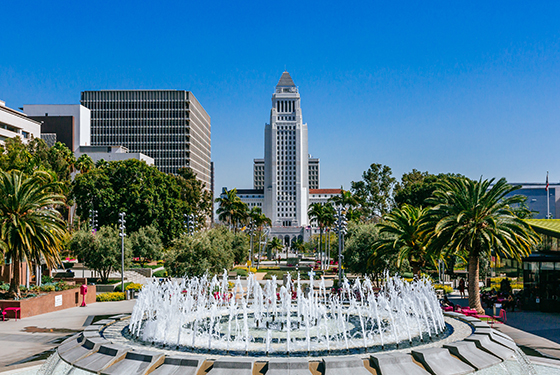
Master of Public Policy
Advocate & Innovate for a More Just World
Effective public policy has the power to disentangle increasingly complex global and domestic challenges. With an MPP from USC, you will have that power too.
Find Out More“Perhaps then we might be able to increase public acceptance of changes in the energy infrastructure that are needed to meet increasing demand and to decarbonize the energy system,” she said, concluding her remarks at one of the nation’s most prestigious scientific conferences.
Bruine de Bruin, Provost Professor of Public Policy, Psychology, and Behavioral Science, holds appointments at the USC Price School of Public Policy and the USC Dornsife College of Letters, Arts and Sciences. She is also Director of USC Schaeffer Behavioral Science and Policy Initiative.
